Search
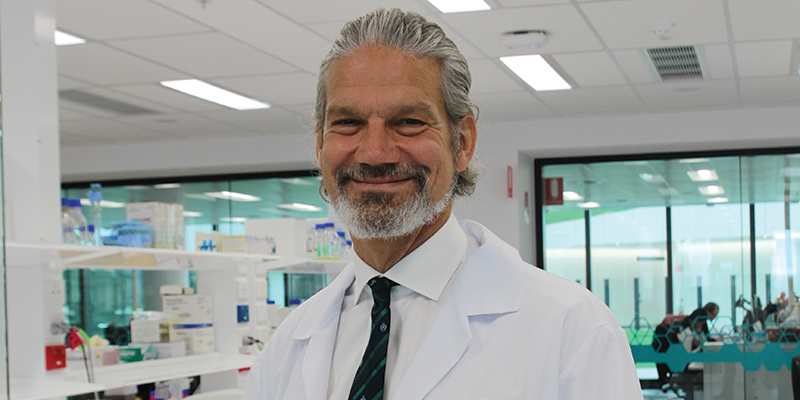
News & Events
Driving a vaccine revolutionThe Kids Research Institute Australia is now part of an ambitious, yet achievable, global bid to produce such one-shot vaccines.
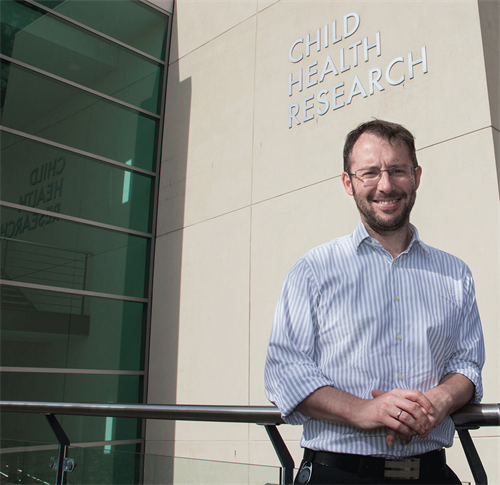
News & Events
Whooping cough vaccine could be a new weapon in the fight against food allergiesResearchers from The Kids Research Institute Australia and Curtin University will use a $3.9 million grant from the National Health and Medical Research Council to investigate whether a type of whooping cough vaccine could provide bonus protection against food allergies and eczema.
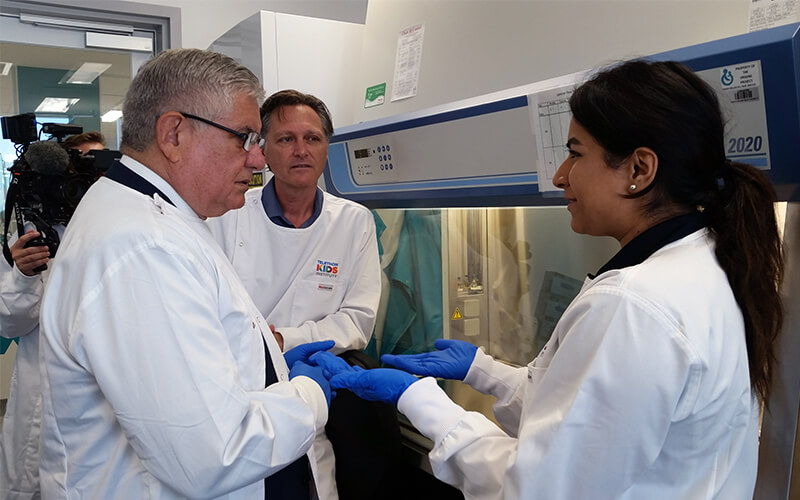
News & Events
$35 million to develop vaccine with potential to save half a million lives per yearA vaccine to prevent rheumatic heart disease (RHD) and other life-threatening conditions caused by the common Strep A bacteria is a step closer thanks to funding announced by Minister for Indigenous Health, Hon Ken Wyatt AM, MP, in Perth today.

News & Events
Pioneering technique opens new window on first week of lifeAn international team of researchers has pioneered a technique which gives unprecedented insight into the dramatic changes occurring in a baby’s body in the first week of life.
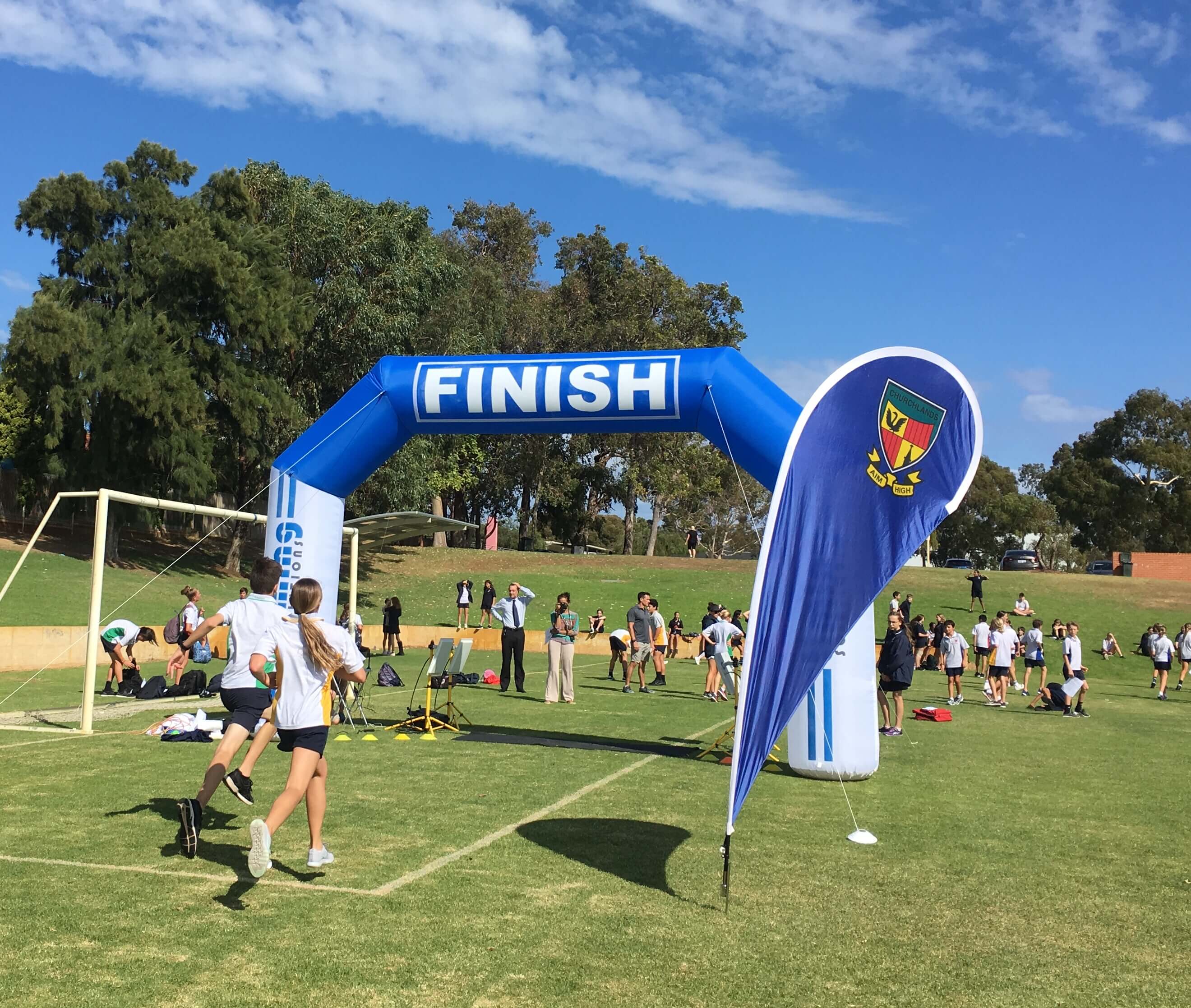
News & Events
Churchlands High School Fun Run hits $30,000Over 1000 Year 7 and 8 students from Churchlands Senior High School laced up their running shoes yesterday for their annual Fun Run raising money for the Wesfarmers Centre of Vaccines and Infectious Diseases.
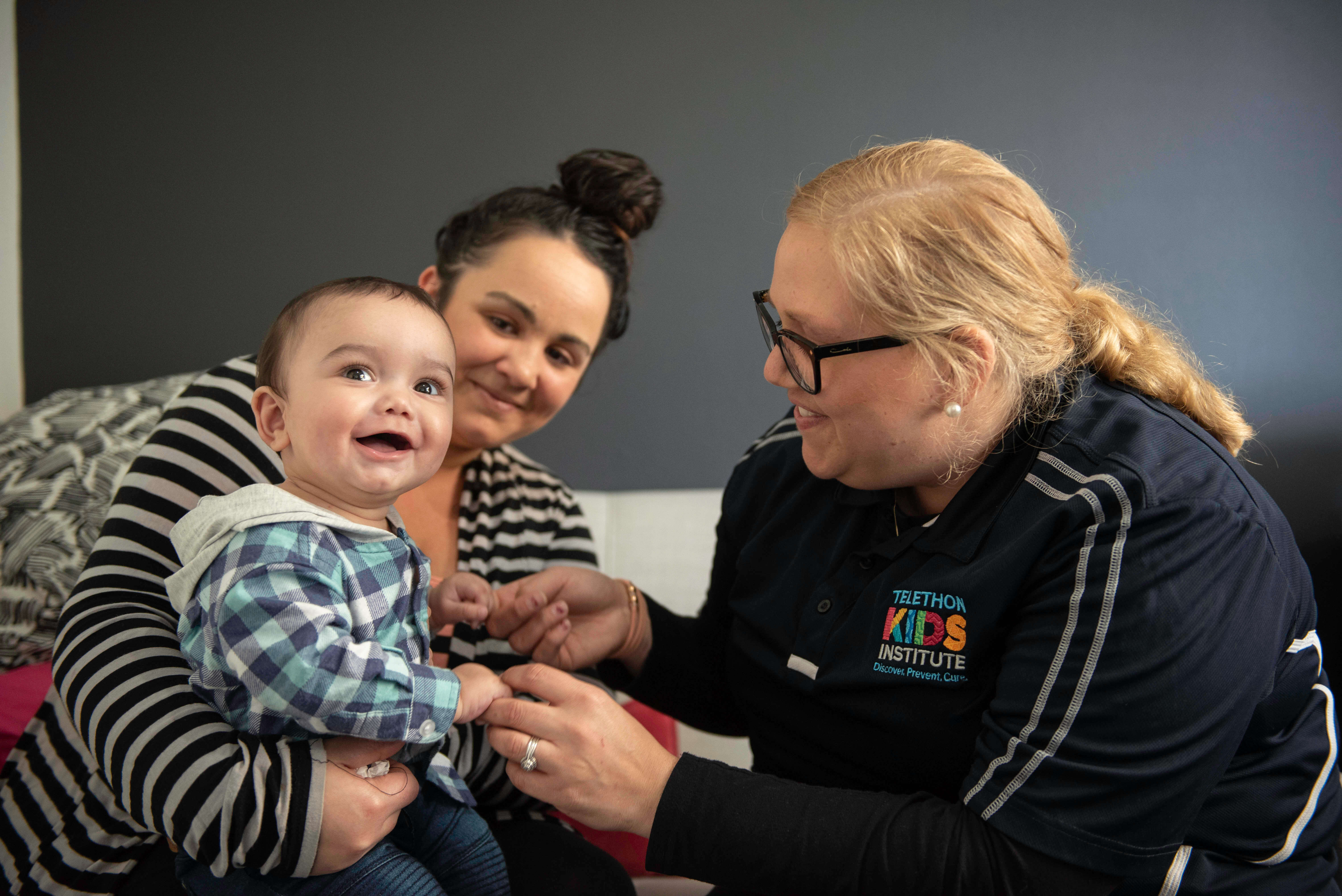
News & Events
Wesfarmers tops 2019 GivingLarge ReportThe major funder of the Wesfarmers Centre of Vaccines and Infectious Diseases based at The Kids Research Institute Australia has been recognised as Australia’s most generous giver.
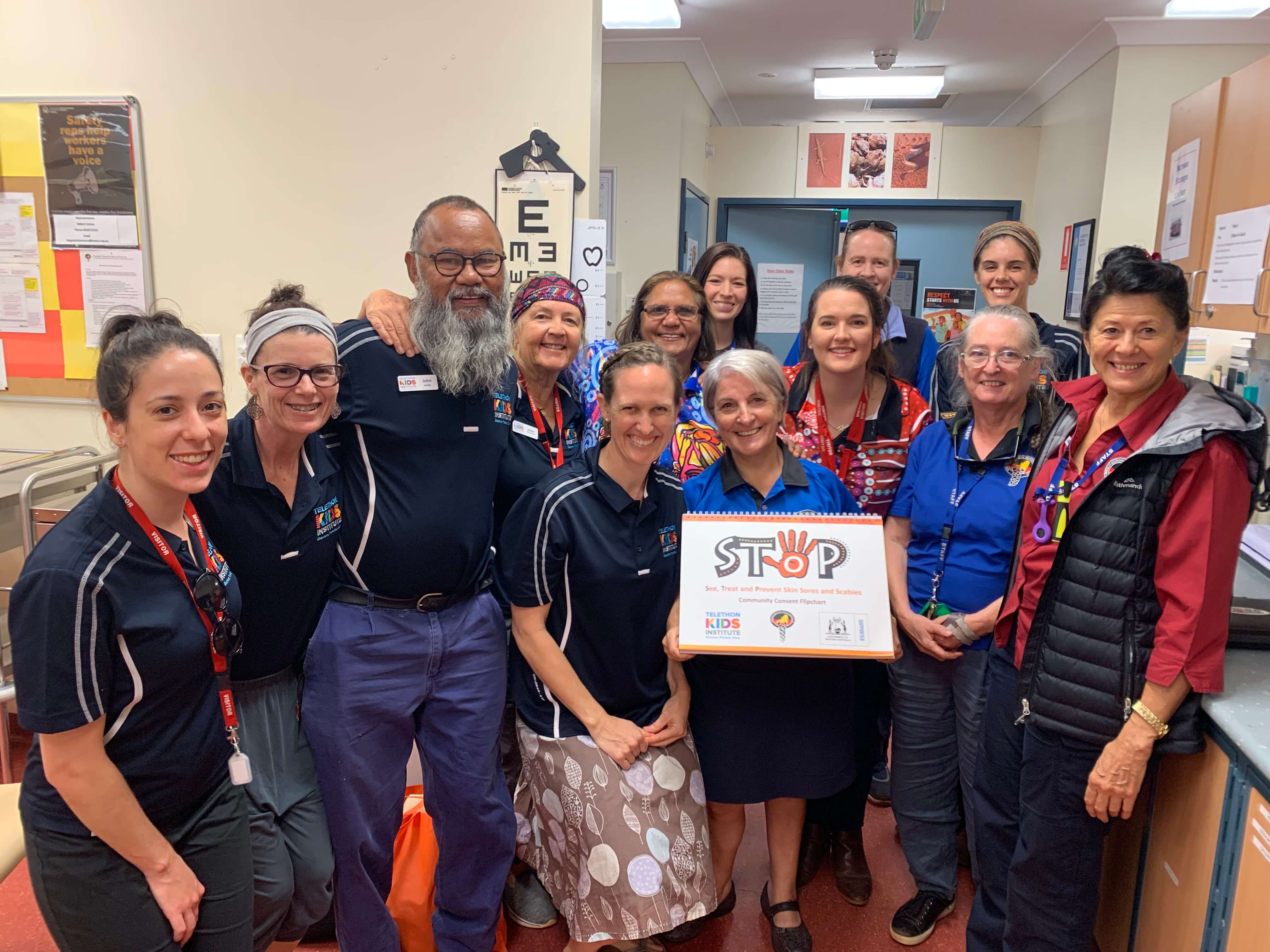
News & Events
Round one done, eight to go for the SToP TrialSix weeks, nine community visits and 380 kids – it’s a wrap for round one of the StoP Trial!
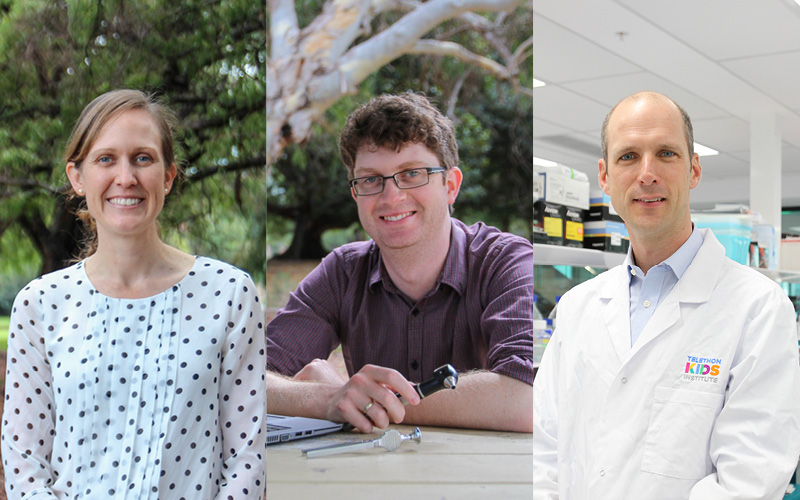
News & Events
The Kids ‘Tall Poppies’ rise above the restThree The Kids researchers have been named amongst WA’s most outstanding young scientists for their efforts to ensure kids around the country have the chance to lead happy and healthy lives.

News & Events
Help us build a new weapon in the fight against deadly fluAt just two years old, Lucy lost her fight against flu. With your generous help, we can finally beat influenza.

News & Events
Institute celebrates eradication of rubella in AustraliaThe eradication of rubella in Australia is evidence of the vital role vaccinations play in protecting our health, researchers at The Kids Research Institute Australia say.
